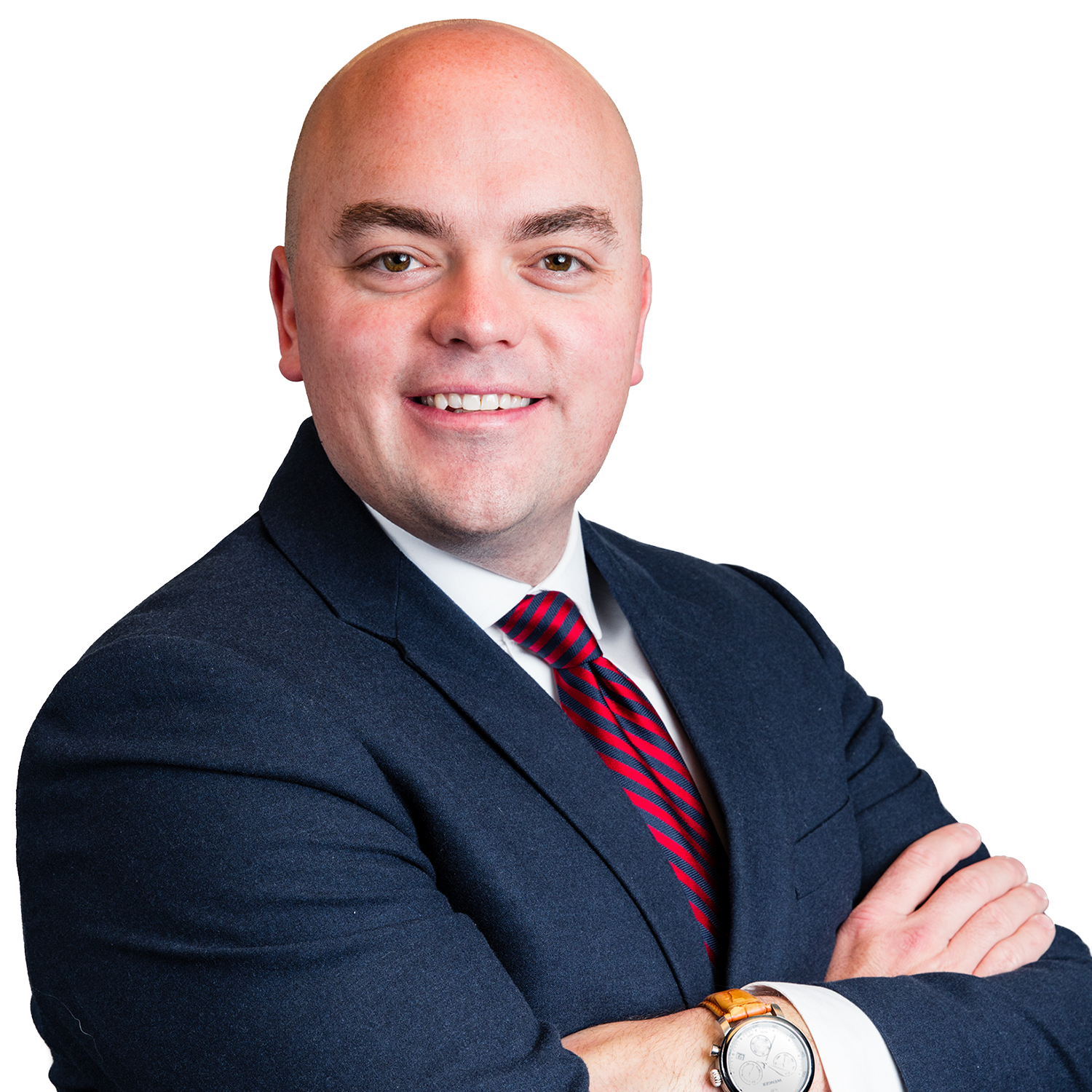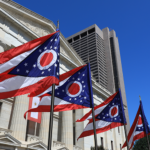Wednesday, the cutoff date in the Washington State Legislature for bills to receive a vote in their chamber of origin, brought good news to the Freedom Foundation, Lincoln County, the cause of government transparency, and everyone who believes special and vindictive interests shouldn’t be able to commandeer the legislative process to persecute their political opponents.
House Bill 2587, one of a long list of bills targeting the Freedom Foundation because of its efforts to curb the excesses of public-sector unions, failed to win approval and, for now at least, appears to have suffered the death it deserves.
Specifically, HB-2587 was a scheme hatched by unions and several like-minded county prosecutors to punish the Freedom Foundation for providing pro bono legal assistance to Lincoln County over the past year and a half. Since the autumn of 2016, Freedom Foundation attorneys have been representing the county as special deputy prosecutors before the Public Employment Relations Commission against repeated attacks by the Teamsters Union aimed at forcing the commissioners to repeal a resolution they passed to bring transparency to the county’s collective bargaining negotiations.
Earlier in 2016, the Lincoln County commissioners adopted a policy declaring that negotiations between the county and the union representing its employees would be conducted in open public meetings.
As uncontroversial as the action may sound, it represented a huge departure from the way every governmental jurisdiction in the state had been doing business up to that point. And the stakes for the union were raised considerably over the ensuing months when several Washington school districts and another county followed Lincoln County’s lead.
The unions hate this idea in an irrational, unflinching way that raises suspicion in any reasonable onlooker. What on earth do they have to hide? What tactics do they employ that they don’t want the public – or their own members – to see?
Lincoln County Commissioner Rob Coffman said it best when he noted that transparency makes perfect sense when public officials negotiate with public employees about the public’s money.
The Teamsters lost their first attempt to invalidate the resolution, and we’re still awaiting PERC’s decision on the union’s second challenge. The Freedom Foundation has provided a valuable service to the county, which wouldn’t otherwise have been able to afford legal counsel to defend itself against these frivolous, irresponsible challenges.
We’re happy to serve.
But the unions then did what the unions always do when they realize they’re losing the game – they try to change the rules. In this case, that meant running to the Legislature, leveraging their political clout, and ordering their elected accomplices to change the laws the unions were determined to break.
Case in point: HB 2587. The measure would have limited the Freedom Foundation’s ability to provide free representation for small, cash-strapped jurisdictions like Lincoln County by requiring appointed “special deputy prosecutors” to disclose their funding sources, thus subjecting their donors to union retaliation.
The bill also would also have been applied retroactively, not coincidentally dating back to just before the Freedom Foundation’s attorneys were appointed as special deputy prosecutors for Lincoln County.
It’s axiomatic that the government can’t forcibly compel a private charitable organization to disclose its donors – at least not constitutionally. For the Freedom Foundation, our concerns aren’t simply conjecture. The very donors who have made their support for the Foundation public have been targeted by the unions in recent years and subjected to ugly, personal smear campaigns.
The unions have even created a dark money hit squad called the Northwest Accountability Project whose sole objective is to spread lies about the Freedom Foundation and its legion of supporters.
Notably, these kinds of donor disclosure and harassment campaigns are exactly the tactics the KKK and its political cronies in the South employed to weaken groups like the NAACP decades ago. Unmask, harass, and intimidate donors, which would discourage continued association with the NAACP. By using the government to facilitate this unconstitutional activity, union bosses place themselves in this same, awful tradition.
Spokane Spokesman-Review columnist Sue Lani Madsen skewered the unions and their one-sided demands for transparency last weekend when she wrote:
“Here’s the irony. The Freedom Foundation is upfront about its true agenda to ‘reverse the stranglehold public-sector unions have on our government.’ It’s not hidden. You can find photos and contact information for all staff members on the organization’s website. They answer their phone. And they used to proudly post a list of trustees and major donors, until groups like the Northwest Accountability Project used it as a hit list.”
HB 2587 was a key component of this campaign of lies and omission. It was also revenge, pure and simple, taking dead aim at the only organization in the region with the resources and the will to stand up to the union dons and win.
Happily, HB 2587 missed the cutoff, meaning that – for this session, at least – the measure is dead.
Unfortunately, unions have long memories and bad ideas never die completely. As long as the Freedom Foundation remains the unions’ worst nightmare, bills like HB-2587 can always be resuscitated.
We still have a lot of work to do, but we thoroughly enjoy what we do and – as the unions’ continuing obsession with the Freedom Foundation clearly demonstrates – we do it awfully well.










